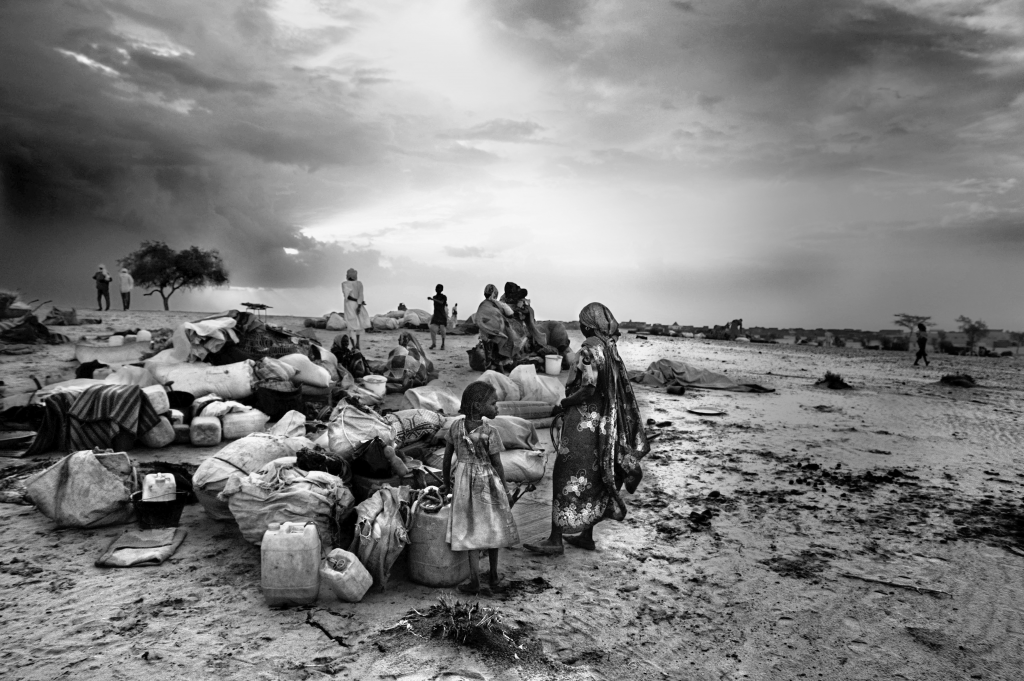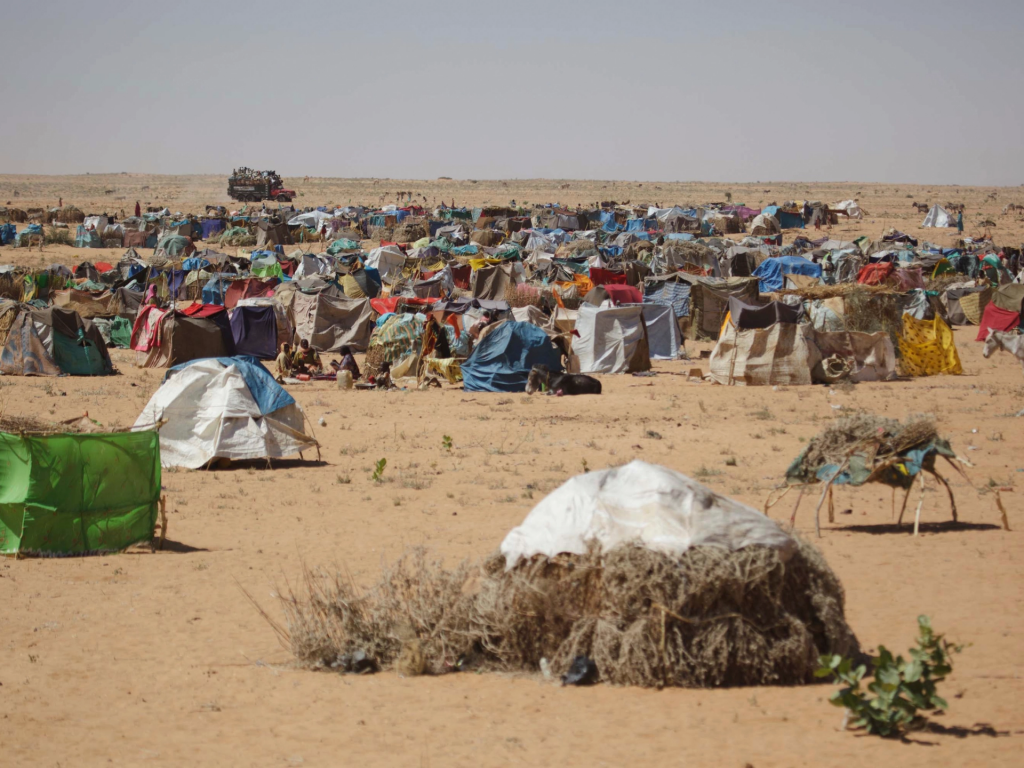
In the strife-ridden region of Darfur, Sudan, a devastating war has claimed the lives of at least 12 civilians. The ongoing conflict has once again brought to light the plight of innocent individuals caught in the crossfire of political and ethnic tensions. This article aims to shed light on the tragic events unfolding in Darfur and provide a comprehensive understanding of the situation.
Understanding the Conflict
The conflict in Darfur is a complex web of political, economic, and ethnic factors that have fueled violence and instability in the region for years. It began in 2003 when rebel groups rose against the Sudanese government, demanding greater autonomy and an end to marginalization. The government, in response, deployed armed forces and supported militia groups known as the Janjaweed, leading to a brutal crackdown on the rebels and civilian populations.
Loss of Innocent Lives
Regrettably, the ongoing conflict has resulted in the loss of countless innocent lives. The recent surge in violence has claimed the lives of at least 12 civilians, highlighting the alarming escalation of hostilities in the region. These innocent victims, who should have been shielded from harm, instead find themselves trapped in a harrowing cycle of violence and suffering.
The Humanitarian Crisis
In addition to the loss of lives, the conflict in Darfur has triggered a severe humanitarian crisis. Countless individuals have been displaced from their homes, forced to flee in search of safety and shelter. Access to basic necessities such as food, clean water, and healthcare has become increasingly limited, exacerbating the suffering of the affected population. Humanitarian organizations are working tirelessly to provide aid and support, but the scale of the crisis remains immense.
International Response and Peace Efforts
The international community has not remained silent in the face of the Darfur conflict. Numerous organizations, including the United Nations and African Union, have been actively engaged in peacekeeping and mediation efforts. However, achieving a lasting resolution has proven to be a daunting task, as deep-rooted grievances and complex power dynamics continue to hinder progress.
The Path to Peace and Justice
While the road to peace may be long and arduous, it is crucial that all parties involved commit to a peaceful and inclusive dialogue. Addressing the underlying causes of the conflict, such as political marginalization, resource distribution, and ethnic tensions, is paramount to achieving a sustainable solution. Additionally, ensuring accountability for human rights violations and atrocities committed during the war is essential for justice and reconciliation.

Conclusion
The tragic loss of 12 innocent lives in the ongoing Sudanese war in Darfur serves as a stark reminder of the urgent need for peace and stability in the region. It is our collective responsibility to demand an end to the violence and work towards a future where the people of Darfur can live without fear and suffering. Only through concerted efforts, both domestically and internationally, can we hope to bring about lasting peace, justice, and prosperity to the resilient people of Darfur.


